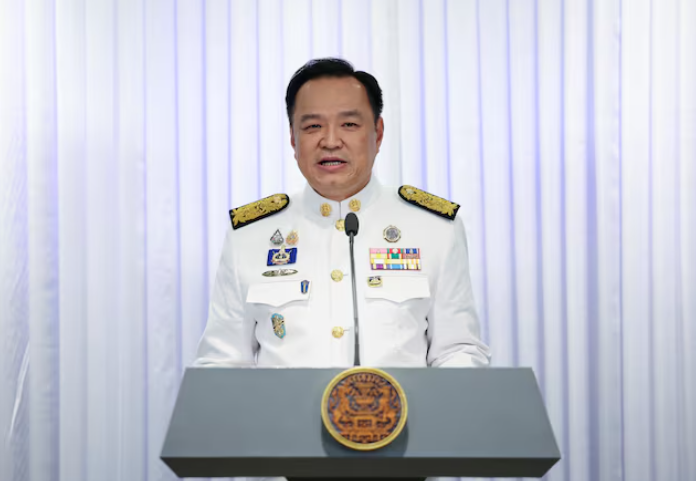
Thailand’s Parliament has elected Anutin Charnvirakul—the leader of the Bhumjaithai Party and a vocal opponent of casino expansion—as the nation's 32nd Prime Minister. He secured 311 votes, well above the 247 required for a majority. His election represents a sharp political shift away from the Shinawatra family’s long-standing influence, following the removal of Paetongtarn Shinawatra by the Constitutional Court over ethical breaches.
Anutin’s rise to power was made possible through a strategic agreement with the progressive People’s Party, which, despite backing his nomination, has opted to remain in opposition. A central condition of their support is the dissolution of Parliament and fresh elections within four months, accompanied by meaningful constitutional reforms. This compromise highlights both the fragile nature of Anutin’s coalition and the pragmatic steps required to secure his leadership in a divided political landscape.
Notably, both the Bhumjaithai Party and the People’s Party had been fierce critics of the Pheu Thai government’s efforts to pass the Entertainment Complex bill, which sought to legalize casino gaming in large-scale integrated resorts. Anutin went further, blaming the former government’s casino policy for Thailand’s recent decline in Chinese tourist arrivals. He played a decisive role in ensuring that the controversial bill was dropped from the House agenda in July, a move that underscored his hardline stance on casino development.
As a former health and interior minister, Anutin is well known for his leadership during the COVID-19 pandemic and for spearheading the legalization of cannabis. His appointment signals a pivot toward more conservative, establishment-aligned governance, even as he maintains elements of populist policy. Moving forward, his government faces formidable challenges: reviving a sluggish economy, easing tensions with neighboring Cambodia, and restoring public trust. Analysts anticipate that Anutin will roll out short-term stimulus measures while adopting a cautious stance on sensitive issues like casino legalization, shaping the trajectory of Thailand’s political and economic future.


 Content Writer: Janice Chew • Monday, 25/09/2025 - 22:12:20 - PM
Content Writer: Janice Chew • Monday, 25/09/2025 - 22:12:20 - PM